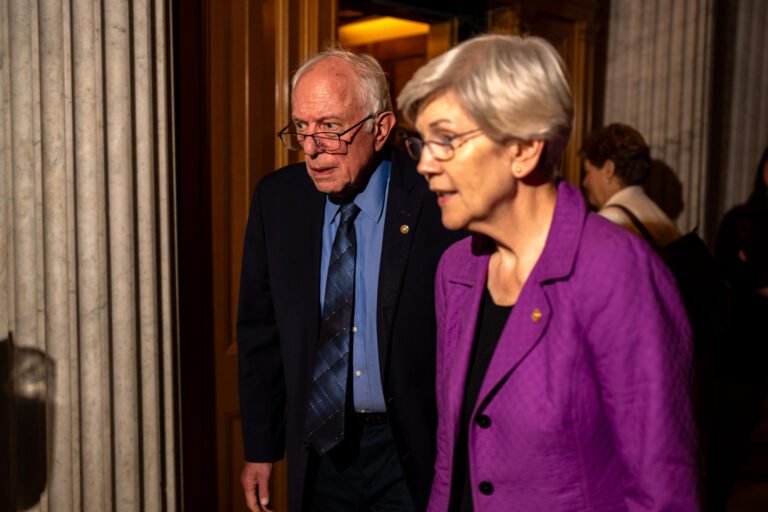Skydance Media’s Compliance and Controversy Surrounding Paramount Acquisition
Executives at Skydance Media have issued a strong statement asserting their adherence to federal anti-bribery laws in relation to their acquisition of Paramount Global. The company has also denied involvement in the controversial decision to cancel The Late Show with Stephen Colbert, which has raised eyebrows in political and media circles.
Key Assertions from Skydance Media
-
Full Compliance with Anti-Bribery Laws: Skydance’s General Counsel, Stephanie Kyoko McKinnon, emphasized in a letter to Senators Elizabeth Warren, Bernie Sanders, and Ron Wyden that the company "fully complied with all applicable laws" throughout the acquisition process.
- Non-Involvement in Paramount’s Settlement: McKinnon clarified that Skydance was not a party to the lawsuit brought by former President Trump against Paramount regarding alleged misconduct during a 60 Minutes interview. Paramount recently settled that lawsuit for $16 million, a far cry from the $20 billion sought by Trump.
Settlement Details
- Settlement Amount: $16 million paid to Trump for his future presidential library.
- No Apology Included: The settlement did not entail an apology from Paramount.
Unanswered Questions About a Possible Side Deal
Despite McKinnon’s defense, a crucial question regarding a potential side deal between Skydance and Trump has gone unanswered. Senators have inquired if there was any arrangement to assist Trump, his family, or his political endeavors:
- Unaddressed Queries: The senators asked if Skydance would provide promotional activities or advertising to benefit Trump or his initiatives, which the letter did not adequately address.
Speculation on Side Deals
Trump claimed on Truth Social that he expected additional funds from the new owners of Paramount, suggesting potential side deals:
"We also anticipate receiving $20 Million Dollars more from the new Owners, in Advertising, PSAs, or similar Programming, for a total of over $36 Million Dollars."
Such statements have fueled speculation about a secret arrangement, even as Paramount denied any initiatives related to public service announcements.
The Cancellation of The Late Show
On July 18, CBS announced the cancellation of The Late Show with Stephen Colbert, citing financial reasons. However, the timing raised questions, particularly concerning the show’s outspoken criticism of Trump.
Reactions to the Cancellation
-
Financial Background: The show reportedly lost around $50 million annually, but observers wonder if political motivations influenced the decision.
- Speculation on Corporate Influence: Some, including journalist Oliver Darcy, suggested that executives like Skydance’s CEO, David Ellison, played a role in the timing of the show’s cancellation.
"This is purely a financial decision… It is not related in any way to the show’s performance,” CBS claimed.
Investigative Concerns
Senator Warren suggested the cancellation could symbolize a "wink-wink deal" between big corporations and Trump, raising ethical concerns about corporate influence over media narratives.
The FCC’s Role and Potential Implications
The Federal Communications Commission (FCC) has yet to approve the merger, and its ongoing investigation into CBS News raises questions:
-
Possibility of Demands: There is speculation that Skydance may be required to air conservative advertisements as a condition of merger approval, especially amid regulatory assessments regarding news distortion.
- Efforts for Unbiased Journalism: The new owners aim to restructure CBS News to deliver diverse viewpoints and impartial journalism.
Conclusion
As Skydance Media navigates a complex landscape of corporate acquisitions, political affiliations, and media ethics, unanswered questions linger regarding potential side deals and the broader implications of its merger with Paramount. The outcome may reshape not only Skydance’s future but also the dynamics of late-night television and media accountability.
For further information, visit Bloomberg to read more on corporate mergers and impacts on the media landscape.


